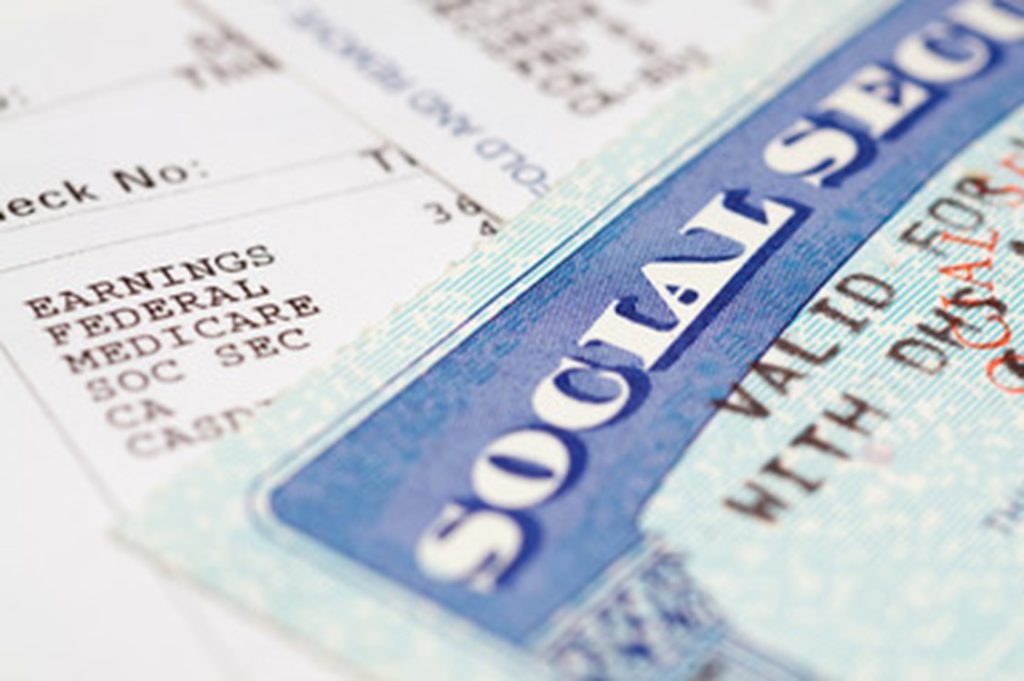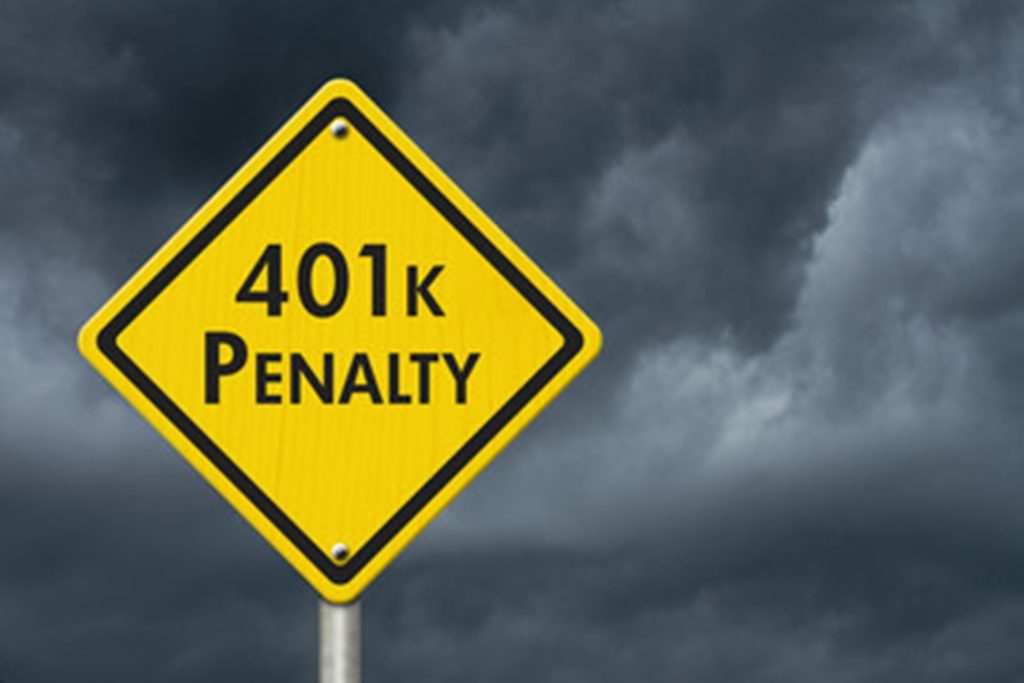Author: Malory, The Missing Ink LLC
As tax season is now officially underway, many retirees are nervous. As they prepare for yet another difficult filing season, many are not sure where to turn for help.
Older tax filers may experience more complicated returns as they have multiple sources of income. Even the cost-of-living adjustment is at a record high of 5.9%.
Here are the top tips for retirees during tax season 2023:

Pay Attention to Social Security Benefits
Social security benefits will be received by anyone who worked for an employer throughout their career. Self-employed people who had net profits before retirement will also receive social security benefits.
You will not include these social security benefits if they are your only source of income. Additionally, you will not include the benefits in gross income as it will equal zero. Nonetheless, you will not have to file any federal income tax returns.
Non-tax exempt income
If you have an income coming in that is not tax-exempt, you may be required to pay income taxes during your retirement. If you are filing jointly for the 2022 year and are both older than 65, a return must be filed and taxes paid if the income goes beyond $28,700. Note that these numbers are indeed different from the prior year.
If half of your social security benefits plus additional income go beyond $25,000 for single filers or $32,000 for joint filers, you must include several of the benefits as taxable income. 85% of your Social Security benefits are eligible to be taxed if you are married yet file your taxes separately.
Increase Tax Benefits with Roth IRA Distributions
Any withdrawals from a Roth IRA during your retirement cannot be taxed. Your contributions to that account are considered “after-tax dollars” and you cannot deduct the contributions from your income.
You have the option to maximize your retirement income whilst decreasing your future tax liability by withdrawing funds from your Roth IRA. If you find yourself in a higher tax bracket, be sure to reduce withdrawals until you are in a lower tax bracket.

Limit Pretax Retirement Plan Income
If you have a Roth IRA or 401(k) pretax plan, any withdrawal is subject to being taxed. If you limit distributions from pretax plans to solely the essential amount needed, you can save money on your taxes in retirement.
Your taxes can typically be deducted from your distributions. However, you must check with your accountant regarding what tax bracket you fall into. Be sure to check out that the distributions are adequate to cover the amount that you owe.
Catch-up on Contributions
If you are 50 years or older, you are eligible to make catch-up contributions. You are allowed up to $7,500 to your 401(k) account each year.
Younger workers are only permitted to contribute up to $22,500. People older than 50 years old can make catch-up contribution payments of up to $30,000. Roth IRAs additionally allow up to $1,000 in 2023 and can make tax-deductible contributions of up to $7,500.

Avoid Early Withdrawal Penalties
Although it may be tempting, avoid early withdrawals from your retirement accounts. Retirement accounts are put in place to access during your retirement years. Any withdrawal before you reach the age of 59.5 years old is subject to penalties.
These withdrawals are considered “premature” distributions, and a 10% early withdrawal tax will apply. Exceptions exist, however, including money put toward medical or college costs. If your Roth IRA is at least five years old, you may not be penalized for premature withdrawals.
Claim the Saver’s Credit
If you earn up to $36,500 for single filers or $54,750 for joint filers, you may be eligible to receive the saver’s credit. This allows you to take a tax credit for any eligible contributions to your retirement accounts—whether personal or through your employer.
The saver’s credit, according to the IRS, is worth between 10% and 50% of the amount that you contributed. This can help greatly during your retirement years.
For more help with retirement and taxes, contact Carlos Marzan, a top industry accounting professional.



